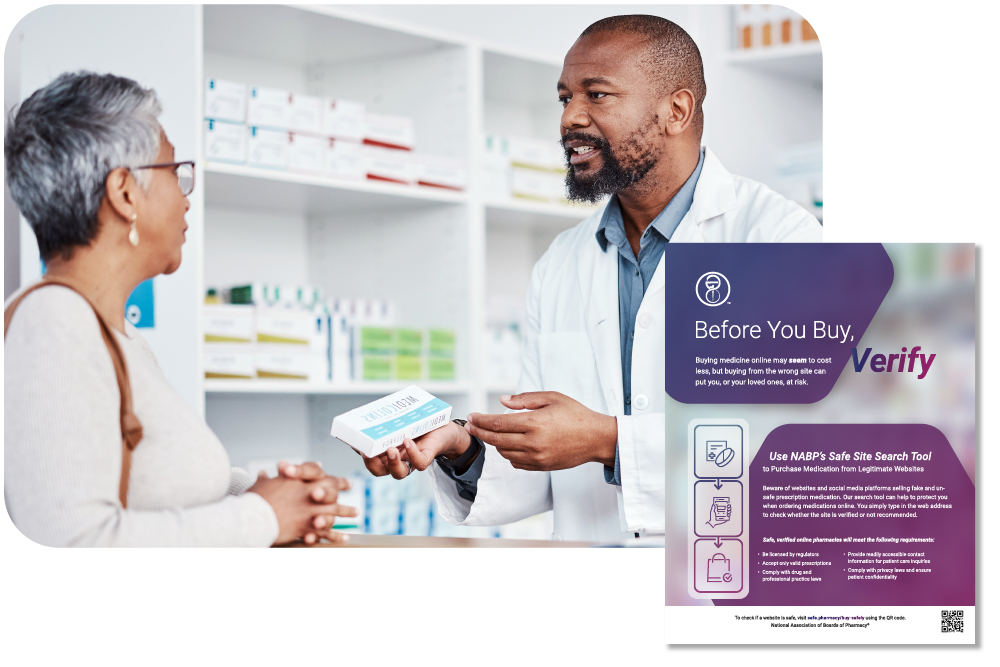Check the pharmacy’s license and registration: Legitimate online pharmacies display their license number and registration details prominently. Verify this information with your country’s regulatory body for pharmaceuticals.
Look for secure connections: Ensure the website uses HTTPS, indicated by a padlock icon in your browser’s address bar. This protects your personal and financial information during transactions.
Scrutinize contact information: A trustworthy pharmacy provides clear contact information, including a physical address, phone number, and email address. Avoid pharmacies lacking this basic transparency.
Review customer testimonials: While not foolproof, authentic customer reviews on independent platforms can highlight positive or negative experiences. Consider the quantity and quality of feedback.
Examine their privacy policy: A legitimate pharmacy will have a detailed privacy policy explaining how they handle your personal data. Pay attention to their data protection practices.
Confirm accreditation and affiliations: Reputable pharmacies often display accreditation from relevant professional organizations. Verify these affiliations independently.
Assess their medication dispensing practices: Check their prescription requirements and processes for medication delivery. Beware of pharmacies that offer medications without a valid prescription.
Compare prices cautiously: While lower prices can be tempting, unreasonably low costs might signal a dubious source. Prioritize safety and legitimacy over price alone.



